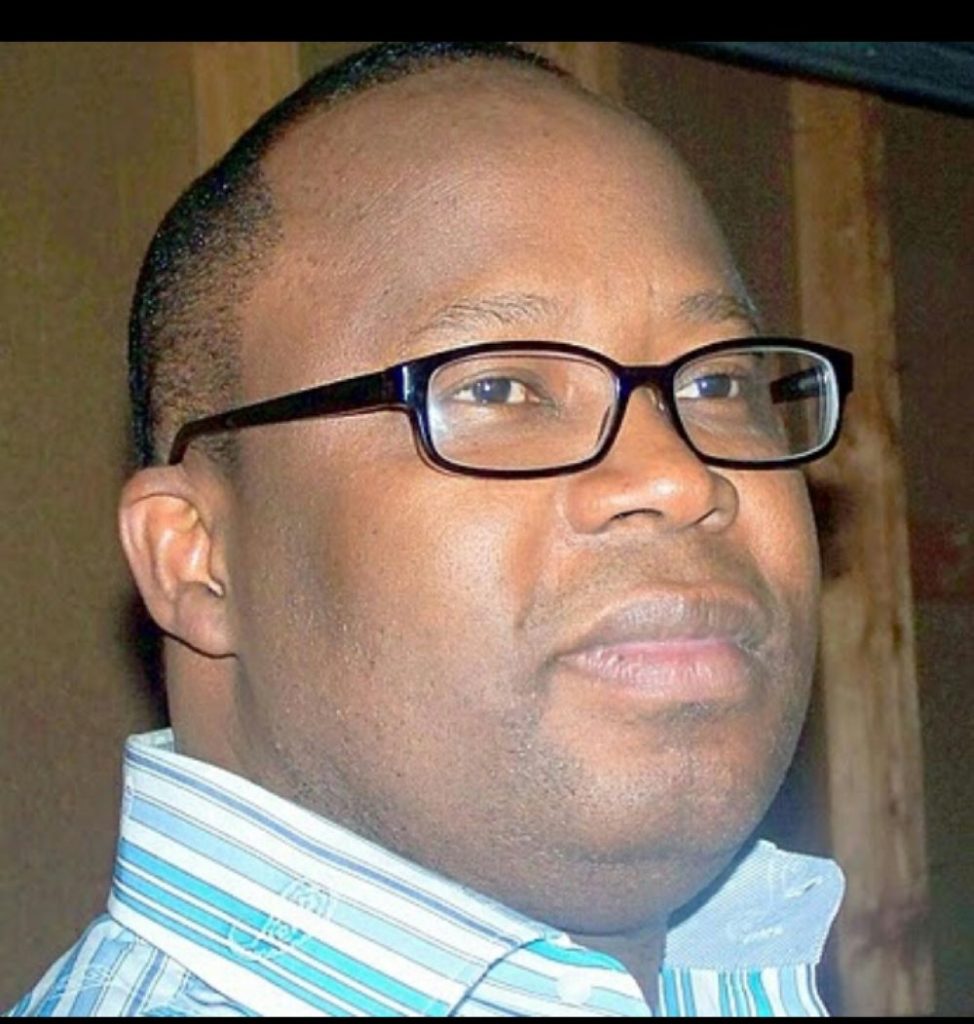Liberia’s recent political landscape has been marred by upheaval, exposing deep-seated issues hindering national progress. A pervasive sentiment of settling for “good enough” governance prevails, particularly among the youth, masking a critical need to address resource mismanagement. This acceptance of mediocrity, often driven by the allure of charismatic leaders and short-term gains, undermines the long-term vision required for sustainable development. A fundamental shift is needed, recognizing government not as a collection of individuals or parties, but as a continuous public service dedicated to the collective good. This shift will redirect focus from individual accolades to national progress, ensuring Liberia’s rich resources, like gold and diamonds, genuinely benefit all citizens.
Liberia’s tumultuous history, marked by civil wars, political instability, and economic mismanagement, heavily influences its current governance landscape. Post-conflict leaders, often propelled by populism, prioritize immediate approval over long-term stability. This shortsighted approach cultivates dependence on charismatic figures rather than building robust governance systems, resulting in disjointed and unsustainable development. The nation’s wealth in natural resources, while potentially transformative, has historically fueled strife due to mismanagement and corruption. The government’s failure to effectively manage these resources for the benefit of its people underscores the urgent need for a paradigm shift in governance, moving away from exploitation by foreign investors towards responsible stewardship for present and future generations.
The pursuit of popularity among Liberian political leaders has created a culture where short-term political gains overshadow substantive policy decisions. Politicians prioritize initiatives with quick, visible impacts, seeking immediate public approval at the expense of foundational, long-term development. This “wave of the moment” politics perpetuates a cycle of mediocrity, as leaders prioritize flattering public sentiment over implementing meaningful, lasting projects. For example, flashy infrastructure projects might garner initial applause, but without proper maintenance, funding, and integration into a broader economic plan, they quickly fall into disrepair. This focus on fleeting popularity distracts from the core responsibility of governance: sustainable and equitable service to the people, including transparency, accountability, and proper resource management.
Understanding government as a continuous entity, rather than a transient reflection of individual leaders or parties, is crucial for addressing Liberia’s developmental challenges. This perspective emphasizes that development is a collective, national endeavor, not an individual achievement. It fosters a sense of shared responsibility, encouraging strategic planning and sustainable resource management. Liberia’s natural resources should be viewed not merely as export commodities, but as communal assets requiring transparent and inclusive management strategies. This long-term perspective necessitates prioritizing policies that contribute to sustainable development across administrations, such as education, healthcare, and enduring infrastructure.
Resource mismanagement in Liberia carries severe economic consequences affecting all levels of society. Despite years of resource extraction, the nation lacks substantial reserves, highlighting a disconnect between extraction and resource management. Mismanaged revenues stifle investment in crucial areas like infrastructure, social services, and economic diversification. Effective governance requires a shift from viewing natural resources as a source of individual enrichment to recognizing them as communal assets for societal upliftment. Sustainable practices, accountability, and strategic planning must replace short-term political gains to drive genuine economic development. Reinvesting resource revenues into core sectors can transform Liberia into a nation where resource abundance translates into tangible improvements in citizens’ lives.
Envisioning a new, resourceful Liberia demands a fundamental reorientation of leadership, governance, and the citizen-government relationship. It requires a collective shift away from personality-driven politics towards a model centered on civic engagement and responsibility. Education plays a vital role, instilling civic responsibility in youth, promoting awareness of governance structures, and cultivating critical thinking about resource management. Long-term development frameworks that transcend electoral cycles are essential, incorporating input from diverse stakeholders to ensure representational equity. Shifting the narrative from individual accolades to collective achievements will encourage leaders to prioritize the nation’s best interests. This transformation will empower citizens to contribute to national success, fostering unity and collective growth, ensuring that Liberia’s resource wealth benefits all.














